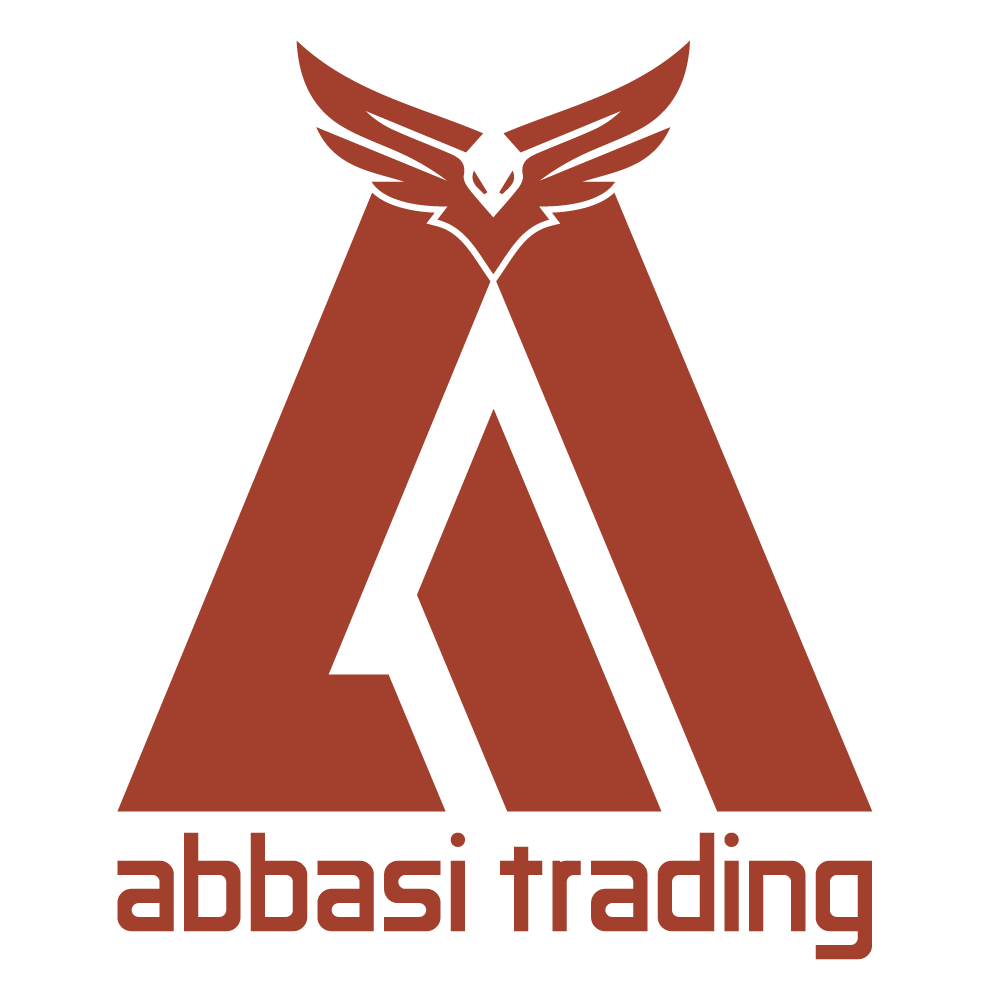Export of Bitumen
Bitumen, commonly known as asphalt, is a crucial material used in road construction and waterproofing applications. Due to its high demand in infrastructure projects around the world, exporting bitumen offers significant opportunities for growth. Countries rich in oil reserves, like those in the Middle East, play a key role in the global bitumen supply chain. Exporting bitumen requires a deep understanding of both the quality standards required by international markets and the logistical complexities involved in shipping this heavy and sensitive material.
For businesses entering the bitumen export market, maintaining product consistency, adhering to international regulations, and establishing efficient supply routes are essential for success. High-quality bitumen with consistent grading and low impurities is in demand in regions focused on expanding their road networks and infrastructure. Countries like Iran, with their vast oil refineries, are well-positioned to provide a reliable source of bitumen to countries across Asia, Africa, and Europe.
Export of Bitumen from Iran
Iran is one of the largest producers and exporters of bitumen (asphalt) in the world, primarily due to its vast oil reserves. Bitumen, widely used in road construction, roofing, and waterproofing applications, is an essential material in infrastructure projects globally. Iranian bitumen is known for its high quality and consistency, making it highly sought after in many markets, particularly in Asia, Africa, and the Middle East. The country’s strategic location and access to major trade routes, such as the Persian Gulf, further enhance its position as a key player in the global bitumen market.
Exporting bitumen from Iran is supported by the country’s advanced oil refineries and a well-established logistics network that ensures timely and efficient deliveries. Iranian exporters comply with international standards, ensuring that the bitumen supplied meets the quality requirements of various markets. This has made Iran a trusted source for bitumen, and its competitive pricing gives it an advantage over many other suppliers. With increasing demand for infrastructure development globally, Iran continues to play a significant role in supplying bitumen to numerous countries.


Abbasi Trading
Abbasi Trading has years of experience in the export of bitumen, making it a trusted partner for businesses seeking success in this field. With a deep understanding of the global bitumen market and well-established connections, Abbasi Trading ensures a smooth and efficient export process, from sourcing to delivery. Our dedicated team of professionals works closely with clients to meet their specific requirements, offering expert guidance every step of the way.
Whether you’re new to the bitumen trade or a seasoned professional, Abbasi Trading is the ideal choice for businesses looking to succeed in the bitumen export market. Our expertise and commitment to customer satisfaction make us the best partner to navigate the complexities of international trade and achieve your business goals.
Types of Bitumen
Selecting the right type of bitumen depends on several factors, such as climate conditions, the type of project, and specific performance requirements. For road construction in regions with extreme temperatures, viscosity grade or polymer modified bitumen may be preferable due to their enhanced durability. For smaller repairs or quick applications, bitumen emulsions are ideal due to their ease of use and environmental benefits. Understanding the characteristics of each type ensures the right choice for a specific project, leading to better results and long-lasting infrastructure.

Penetration Grade Bitumen
Penetration grade bitumen is the most common type used for road construction. It is classified based on its hardness and is measured by the depth a standard needle penetrates into the bitumen under specific conditions. This type of bitumen provides excellent binding properties, making it ideal for asphalt pavements.

Viscosity Grade Bitumen
Viscosity grade bitumen is classified based on its viscosity level, which determines its flow characteristics at specific temperatures. It is often used in areas with extreme temperature variations, as it can maintain its performance in both hot and cold climates, making it a versatile option for various infrastructure projects.

Cutback Bitumen
Cutback bitumen is produced by adding solvents to bitumen to reduce its viscosity temporarily. This makes it easier to apply in certain conditions. Once applied, the solvent evaporates, leaving behind the bitumen to provide the desired bonding. It is typically used in spraying applications and for road maintenance.

Polymer Modified Bitumen (PMB)
Polymer modified bitumen is enhanced by the addition of polymers, which improve its elasticity, strength, and resistance to deformation. PMB is widely used in areas with heavy traffic or extreme weather conditions as it offers superior performance compared to conventional bitumen.
Overview of Bitumen Export Process
Exporting bitumen requires careful planning and adherence to international trade regulations. The entire process involves several crucial steps that ensure the product meets quality standards, is safely transported, and complies with the importing country’s legal requirements. Below are five essential steps in the bitumen export process, each requiring attention to detail for a successful operation.
Market Research and Demand Assessment
Before exporting bitumen, it is essential to conduct thorough market research to understand the demand, pricing trends, and potential markets. This involves identifying key importing countries, understanding their specific quality and packaging requirements, and evaluating competitors. Additionally, knowledge of trade barriers and tariffs imposed by the destination countries helps in strategic pricing and market entry.

Quality Control and Product Standardization
Ensuring that the bitumen meets international quality standards is a key part of the export process. Bitumen must be tested for properties like viscosity, penetration, and softening point. Exporters should also adhere to the specific quality requirements of the importing country. Certification by recognized bodies and documentation such as quality certificates and lab reports help establish credibility and facilitate smooth customs clearance.

Packaging and Labeling
Proper packaging of bitumen is critical to maintain its quality during transport. Bitumen is often shipped in drums, bulk containers, or bitutainers. It is essential to ensure that the packaging is sturdy enough to prevent leaks or contamination during transit. Additionally, correct labeling with the necessary product information, including weight, grade, and handling instructions, is vital to comply with international shipping and customs regulations.

Logistics and Transportation
Organizing efficient logistics is essential for the timely and safe delivery of bitumen to the buyer. This includes selecting the best transportation mode, such as road, sea, or rail, based on the destination. Exporters must coordinate with shipping companies and ensure that all transport documentation, such as the bill of lading, is prepared correctly. Additionally, compliance with international transport regulations and ensuring proper handling throughout the journey is crucial to avoid delays and damage.

Customs Clearance and Documentation
Customs clearance is the final step before bitumen can enter the destination market. This involves preparing all necessary documents, including commercial invoices, packing lists, certificates of origin, and export licenses. Exporters must ensure that all paperwork complies with both the exporting and importing countries’ regulations. Proper documentation not only prevents delays at customs but also helps build a trustworthy relationship with buyers.

General Uses of Bitumen
Bitumen, also known as asphalt, is a versatile material with a wide range of applications. It is primarily used in road construction, where its adhesive and waterproofing properties make it ideal for creating durable road surfaces. Bitumen is also commonly used in roofing for waterproofing purposes and in various industrial applications such as insulation and sealing. Its versatility, durability, and waterproofing qualities make it a key material in many construction and infrastructure projects globally.

Road Construction
Bitumen is most widely used in road construction due to its excellent binding and waterproofing properties. It acts as a binder in asphalt mixes, providing the strength and flexibility needed to withstand the stresses of traffic and environmental conditions. Roads made with bitumen have a long lifespan, are resistant to water damage, and can be easily maintained, making bitumen a preferred material in the construction of highways, urban roads, and airport runways.

Roofing
Bitumen is widely used in roofing materials, particularly in the form of bitumen membranes and shingles. Its waterproofing properties make it ideal for protecting buildings from moisture and harsh weather conditions. Bitumen-based roofing systems are durable and cost-effective, providing long-lasting protection for residential, commercial, and industrial buildings. In addition, bitumen roofing can be applied in various climates, making it a versatile solution for different regions.

Waterproofing
Bitumen is an excellent material for waterproofing applications, making it essential in protecting foundations, basements, and tunnels from water infiltration. Bitumen coatings and membranes are applied to structures to create a watertight barrier, preventing damage from moisture and water buildup. It is also used in dam and canal linings to prevent water loss and erosion. Bitumen's flexibility allows it to adapt to temperature changes, making it a reliable choice for long-term waterproofing solutions.

Industrial Applications
In industrial applications, bitumen is used as an insulating and sealing material. It is employed in pipelines, machinery, and electrical equipment to protect against corrosion, leaks, and electrical insulation failures. Bitumen's high resistance to chemicals and water makes it ideal for use in industrial environments where durability and protection are paramount. Additionally, it is used in soundproofing and vibration damping applications in machinery and buildings.

Adhesives and Sealants
Bitumen is used in the production of adhesives and sealants due to its sticky, waterproof properties. It is commonly employed in sealing cracks in roads, pavements, and structures to prevent water infiltration and damage. Bitumen-based adhesives are also utilized in various construction projects to bond different materials, such as in tile-laying or asphalt shingle installation.

Paints and Coatings
Bitumen is used as a protective coating for metals, concrete, and other materials. It acts as a corrosion-resistant barrier, protecting surfaces from moisture and environmental wear. Bitumen paints are frequently applied to pipelines, storage tanks, and steel structures to enhance durability and prevent rust.

Railway Track Ballast Binding
Bitumen is sometimes mixed with aggregate to create a strong binding material used in railway track ballast. This enhances the track's stability, reduces maintenance needs, and helps in preventing track deformation due to heavy train loads. It also aids in dampening vibrations caused by passing trains.
Iranian Bitumen
Premium Quality and Affordable
Iranian bitumen is known worldwide for its exceptional quality, making it a highly sought-after product in the global market. The refining processes used in Iran adhere to international standards, ensuring that the bitumen produced is durable, reliable, and suitable for a wide range of construction and industrial applications. Its excellent performance in various climates, from extreme heat to cold, makes it versatile for many projects.
In addition to its high quality, Iranian bitumen is also cost-effective. The abundance of natural resources in Iran allows for competitive pricing without sacrificing product quality. This combination of superior performance and affordability positions Iranian bitumen as one of the best options for buyers looking for reliable material at a reasonable cost.

Abbasi Trading
Guiding You Through the Path of Success
Abbasi Trading, with years of experience in stone export, is ready to handle all stages of this process for you without any issues. From selecting the right stone to the final delivery, we will be by your side. Our team, with its knowledge and expertise, will assist you in confidently and peacefully bringing your quality products to international markets. By partnering with Abbasi Trading, you can rely on our quality and speed of service and enjoy success in stone exports.



